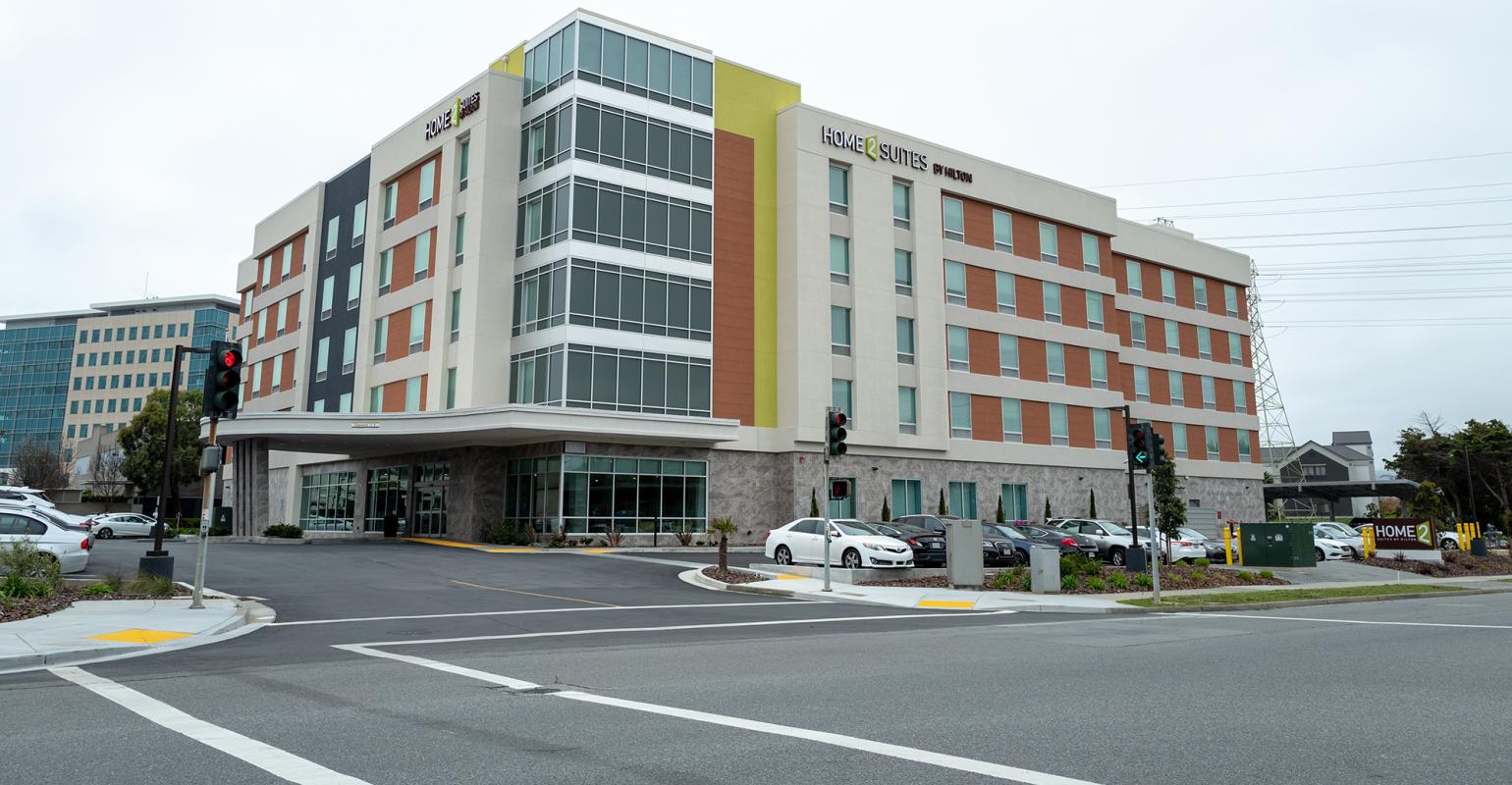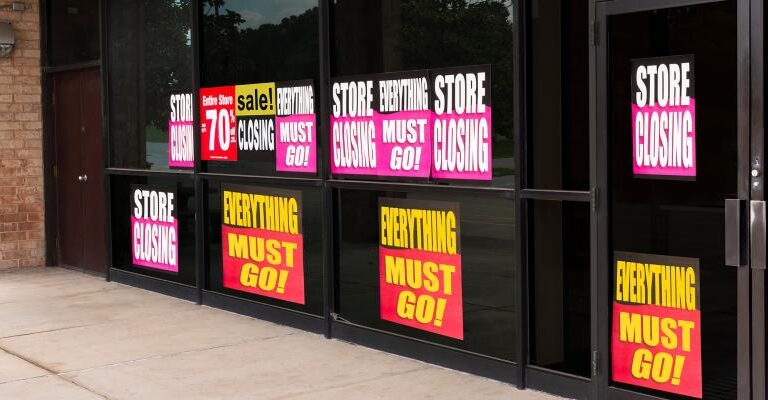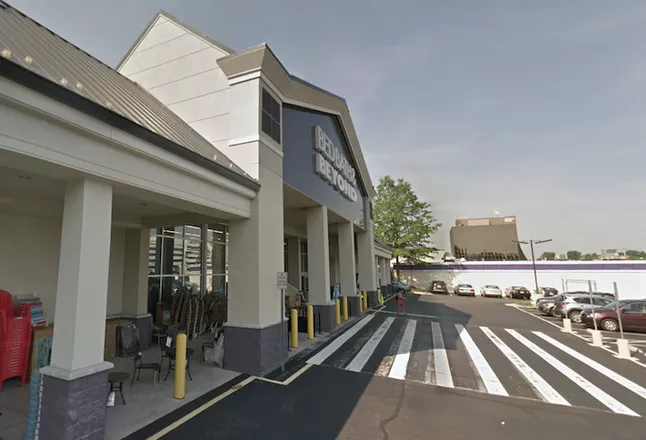In a Q&A with NREI, Dan Amer, of Kawa Capital Management, talks about the pros and cons of ground lease transactions.
Liz Wolf
As commercial real estate owners continue grappling with vacancies, decreased demand and uncertainty during the COVID-19 crisis, Miami-based investment manager Kawa Capital Management provides ground leases that the firm claims is an alternative financing vehicle that can help prevent further distress.
According to Kawa executives, ground leases are a reliable vehicle for property owners looking to free up liquidity and investors seeking to fund capital requirements. In ground lease transactions, real estate is seen as two separate assets: the land and the buildings. Investors with access to capital acquire the ground underlying a built asset or planned development, and then re-lease the land back to the owner/operator, offering an immediate cash infusion and some long-term predictability.
While ground leases can be used to acquire land underneath different asset classes, Kawa has seen the highest increase in requests this year in the hardest-hit sectors of retail and hospitality. The office sector has also seen activity as Kawa completed a $237 million ground lease transaction with Brandywine Realty Trust in July. To date, the firm has completed 20 ground lease transactions totaling nearly $1 billion.
NREI spoke with Dan Amer, Kawa’s director of investments, to find out why some property owners and investors are turning to ground leases as a way to create liquidity, avert distress and retain ownership of assets.
The Q&A has been edited for length, style and clarity.
NREI: Why are ground leases gaining popularity?
Dan Amer: The world post the financial crisis became a lot more regulated with Dodd-Frank, and banks that are traditional lenders to commercial real estate—whether they be national, regional or community banks, or insurance companies that do commercial real estate lending—have a requirement to fit more into neatly defined boxes. The checklist of what is approved vs. disapproved has become much stricter and longer.
There’s very little discretion that can be used by traditional lenders vs. what has really exploded over the last 10 years, and that’s private lending firms, which can do ground leases or other sorts of commercial real estate financing. Kawa can use our own discretion. We’re not regulated like a bank, and we can work with operators to tailor a structured solution to meet the pain points of the operator. We don’t have to fit into very defined, strict boxes.
That dynamic has only been exacerbated during COVID-19, where you have property sectors—most notably hotels—which are cash flow-negative. If you’re a hotel operator and go to a bank for a mortgage, the second that they see you’re losing money, you’re going to be disqualified. They don’t have the ability to build in different provisions in the loan that address the fact that COVID-19 is hopefully a somewhat temporary issue, like a KAWA or other private firms that do commercial real estate lending.
NREI: Can you explain that hotel example in more detail?
Dan Amer: In the case of the hotel, we will buy the land from you and lease it back as a way of financing your hotel, but we’re going to make you stick two years’ worth of ground lease payments in reserve, so that we can get to the other end of a COVID-19 vaccine, and the world can return to normal. Then at that point, hopefully, your hotel is generating profits again that can pay our ground lease.
NREI: What are other reasons you’re seeing more ground leases during the pandemic?
Dan Amer: This is effectively a form of permanent financing for the operator. The ground lease doesn’t have a maturity date—it’s a 99-year ground lease,—but your traditional commercial real estate loan is a five- or maybe 10-year loan when you go to a local community bank.
You make your interest and principal payments, and in five or 10 years when the loan matures, you have to refinance the loan. We have now had three instances in the past 20 years as a country when financing markets have effectively frozen: Sept. 11. 2001, the financial crisis in 2008 and now the COVID-19 crisis. In each of these instances, if you were an operator and your mortgage just happened to be maturing in that year, and you needed to go back to the bank to refinance, you [may have been] in a lot of trouble by no fault of your own. You don’t control when the world goes into a recession and when the world gets messy.
But on the flip side, with the ground lease there’s no maturity balloon. As long as you make your lease payments for the land, which is very modest vs. a balloon principal payment, there’s nothing to refinance. That’s why I call it a permanent form of financing. You’ve locked in your financing for 99 years without the need to refinance.
In the same vein, while interest rates are low today for financing, that might or might not be the case in 10 years. If you get a conventional 10-year mortgage, and then 10 years from now you go to refinance and interest rates are a lot higher, you’re going to be paying a much higher mortgage rate moving forward. The ground lease is letting you not only lock in permanent financing, but permanent financing at today’s low rates, which is very valuable.
NREI: What are some of the challenges when using this financing vehicle?
Dan Amer: Despite the many pros, there can sometimes be a big mental hurdle for a building owner to not own the land. It can feel restrictive to them to feel that they don’t control their own destiny a little bit. If you own a hotel and wanted to knock the hotel down and build a multifamily complex or an office building, you would probably have a lot harder time doing that being subject to a land lease where you have to get approvals for those kinds of decisions vs. if you own the land yourself.
Additionally, because this is a product that—while it’s gaining more penetration—doesn’t have high penetration in the market, it can be harder to sell properties that are subject to ground leases. So, if you’re an owner/operator and want to sell your building, it’s not as deep of a buyer pool for firms that will buy real estate subject to ground leases. It’s just not as common. The next buyer may have an issue with the same spirit of not controlling their long-term density.
NREI: Who is this financing vehicle best suited for?
Dan Amer: For high-net-worth individuals who own real estate in the family, and it’s a source of income for the family, and they want to pass the real estate portfolio to the kids and grandkids over the course of generations, the ground lease is a wonderful solution, because it’s a permanent form of attractive financing. For groups that want to own property and don’t have a mandate to sell, it can be great.
NREI: Can you address using ground leases specifically for retail and offer an example?
Dan Amer: Clearly, retail has had its challenges during COVID-19, even pre-COVID-19. It’s an out-of-favor sector with the rise of e-commerce and the negative trajectory of conventional freestanding retail and enclosed shopping malls. But at a firm like Kawa, where we have a lot of discretion to do things that are a little bit off the beaten path, we will absolutely look at retail deals. Last year, we did a land sale-leaseback with mall operator Washington Prime Group. They own inland malls, which are certainly an out-of-favor sector.
They had trouble sourcing a traditional form of financing from local and national banks, because people are nervous about the trajectory of malls. They came to Kawa as an alternative lending solution, and we structured a deal for them, which got them a significant amount of proceeds. It was nearly a $100 million land sale-leaseback under four of their malls.
NREI: Looking ahead, how prevalent do you believe ground leases could become?
Dan Amer: We anticipate the product to gain a lot more traction. It’s hard to quantify what that may mean in terms of specific numbers. I don’t think it’s going to become a majority of the financing market. It still requires a lot of education with operators to teach them why this is a compelling financing solution for them. Operators are in the business of managing and operating real estate first, and they’re not always necessarily financiers first.
The product has a very long sales cycle, an education curve working with operators, but the idea of structured financing solutions has certainly gained additional traction during COVID-19, with conventional banks really pulling back on their lending programs, and operators needing to find ways to capitalize projects.






